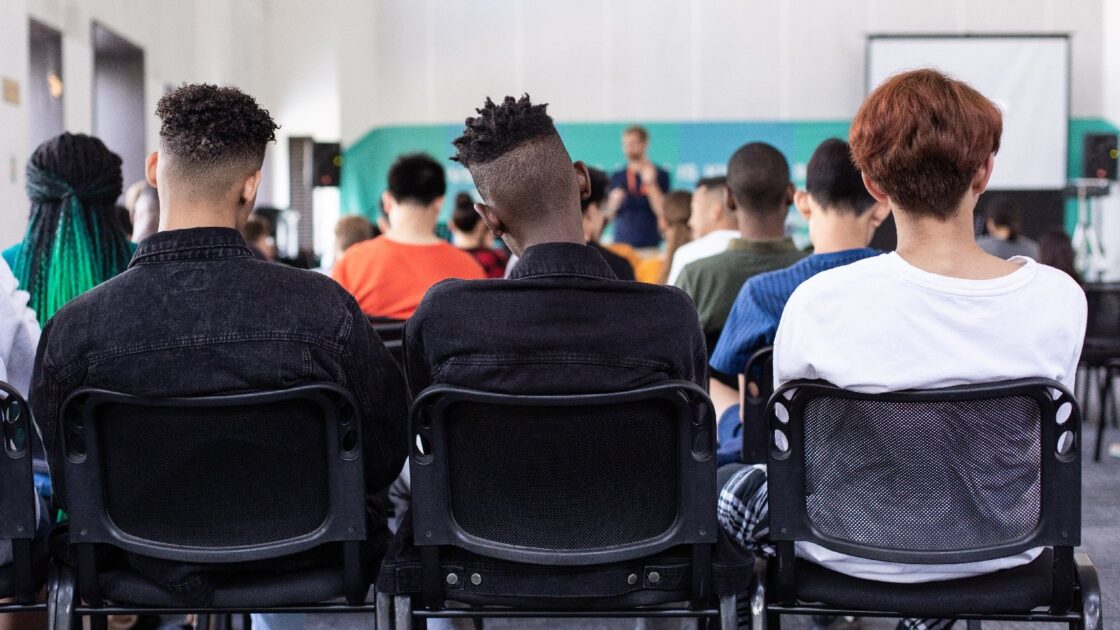Why reporting racism is a challenge in Irish schools
Bel discusses the challenge of reporting racism in Irish schools and their experience of teachers with unconscious bias.

Racism is defined as prejudice, discrimination, or antagonism by an individual, community, or institution against a person or people on the basis of their membership in a particular racial or ethnic group, typically one that is a minority or marginalised.
Since people have several different identities, there are different forms of racism. For example, due to the Covid 19 pandemic, many people are discriminatory towards people of Asian descent. This experience would be different to that of a black person.
Interpersonal racism can be divided into two primary categories: conscious and unconscious. Conscious bias is discrimination done on purpose, it is negative behaviour that can be expressed through physical and verbal harassment.
Unconscious bias is the learned stereotypes about certain groups of people that have been formed outside of our conscious awareness. It regularly affects hiring, relationships, voting etc.
Racism in a classroom context
The Irish classroom has become much more diverse in recent years, with at least 1 in 10 students coming from non-white Irish backgrounds, unfortunately, this is not reflected in the Irish teaching profession.
Research shows that 95% of all teachers in Ireland are white Irish. As such, if I experience racial discrimination in school, there really isn’t anyone I would feel comfortable reporting it to. I’m not saying that you should assume a person is racist just because they’re white. However, as a person of colour, I can say I would definitely feel more comfortable reporting racism to someone who can relate to me and wont dismiss or minimise my experience.
Reporting racism in school
I have been a victim of racism in school, and honestly, I don’t think I’ve ever reported it once because I just don’t see the point anymore. What’s the point of talking when no one’s really listening?
Besides I feel that even if racism is reported, I don’t really see what schools can do; take the person who made the racist remarks outside and give them a stern talking to? I don’t believe that one conversation will completely change a person’s mindset, especially if it comes from a teacher who has never experienced racism before.
Experiencing racism in school
I have had many experiences with racism. Most recently, in my school, we have a policy for when you want to go home if you are feeling sick. You have to go to a deputy principal and tell them you are not feeling well.
One day I felt quite sick so I went to my school’s deputy principal and he said: “you don’t look very pale, your colouring seems fine”. I am a proud black Irish student, and I don’t get pale. It’s not possible!
After he said it I laughed it off, his tone was so light and teachers discriminating against students was something new to me. Teachers are the ones we are supposed to go to when we experience racism, but who do we go to when it’s the teachers that we want to report?
How can we tackle racism in school?
I started to think back on my educational experiences and I realised this was not the first time that something like this had happened. This was not the first time that I had been racially discriminated against in school, this was not the first time that it had been by a teacher and unfortunately, this was not the first time that I chose to do nothing about it. But what can I do? Who even cares? Does anyone care?
This hopeless feeling had a negative effect on me, my mental health took a toll and my anxiety levels rose. I had little to no trust in others, as racism had become so normalised. I couldn’t tell if someone was being genuine or discriminatory.
I was tired of feeling this way so I eventually decided to transfer schools. While moving schools was the right choice for me, I do regret staying silent. Staying silent gives the impression that this behaviour is acceptable, and if the silence continues it will never change. I never wanted to be a bystander, I just wanted to be happy.
Need more information, advice or guidance?
We offer information, advice and guidance about the issues that matter to you. Our online Youth Information Chat service is for 16 to 25 year olds and is available Monday to Friday, 4pm to 8pm (excluding Bank Holidays).






